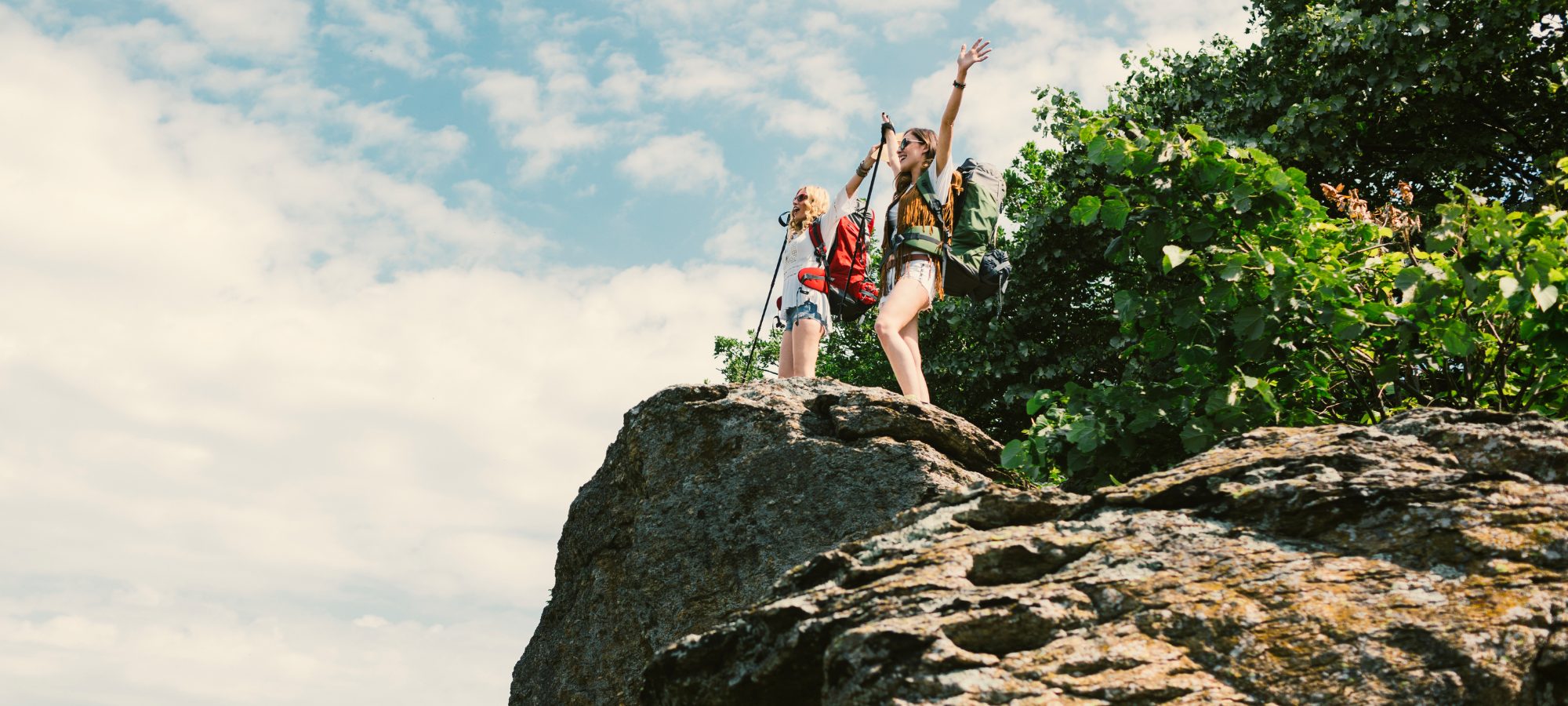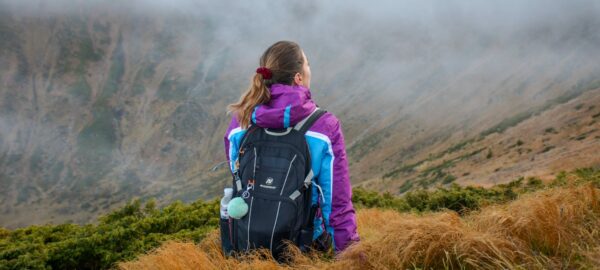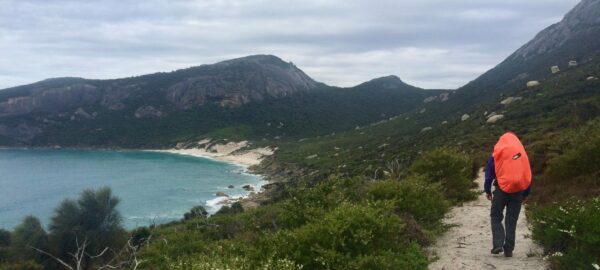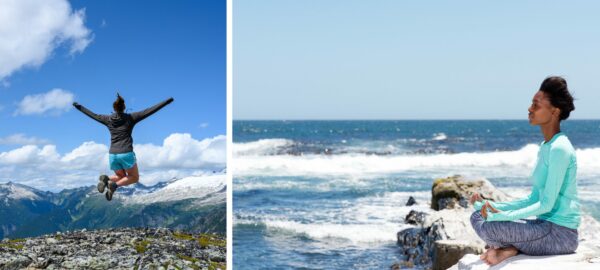When COVID-19 started to spread in March, we were thrust into the great unknown. Slowly but surely, our freedoms were stripped back to protect the community. We were told to social distance, to stop cuddling our friends, to stop seeing our family.
Every day, as new restrictions were imposed, I felt growing confusion and panic.
What would happen to my job? Would my parents be okay? How would I cope without physical touch? How would I exercise if my gym closed?
For me, that was a major source of anxiety. Exercise is my outlet, my passion. It stabilises me, it grounds me, it invigorates me. It makes me a pleasant person to be around.
The gym is a place where I feel safe and secure. It’s where my friends are. It’s where I feel strong, powerful and capable.
As restrictions tightened and lockdown loomed, I grew increasingly worried about my mental health. Working out is so crucial to my mental, social and physical wellbeing, I wasn’t sure how I could cope if I was forced to stay home indefinitely.
I was prepared for my gym to close and I knew it was coming. But when the doors finally shut in late March, I felt like the rug had been pulled out from under me.
In the first few weeks of lockdown, I’ll be honest, I was in a pretty dark place. I felt joyless, flat, uninspired, confused, scared and isolated. I got teary and emotional over insignificant things. They’re feelings I know many of us went through, at various times, at various intensities.
But lockdown also taught me a valuable lesson about exercise…
While working and studying from home had its challenges – including painfully slow internet and no interaction with my peers – it also had its perks.
Working from home meant I could go for a nice, long, solitary walk in nature every day.
I’m fortunate to live near bushland and close to the ocean. So, every day around midday, I’d step away from my desk, lace up my shoes, put on a podcast or some music, and get outside. Breathing in the fresh air, feeling the autumn sun on my skin, and gently moving my body felt like a treat. When I saw people on the trail, we smiled at each other. The smile said something like, ‘It feels nice to be able to do this, doesn’t it?’
I savoured every moment of those lunch time walks. It was the time I needed, every day, to reconnect with myself. Everything else around me felt strange, chaotic and uncertain. But my daily walk wasn’t going anywhere. It was a constant, guiding, grounding force that helped keep me centred during lockdown. Walking became my solace and my moving meditation.
There was something soothing about those walks. All I had to do was put one foot in front of the other and appreciate what was around me. I could escape the news cycle, the dinginess of my house, the clutter of my own worried thoughts. I could just be.
Just half an hour later, I’d come home, take off my shoes and feel entirely refreshed. My brain didn’t feel as foggy, I didn’t feel so trapped, and I felt lighter. Like a weight had been lifted off my shoulders.
A gentle walk in nature isn’t the exercise I’m used to. My favourite workouts have always involved heavy weights, long rest periods, and burning muscles. I used to thrive on the feeling of lifting heavy things.
Before lockdown, I really enjoyed walking, especially along Manly Beach on a Sunday morning. But walking wasn’t a staple in my exercise routine.
These days, I’m a whole new woman – a walking convert. I’m one of those people who drops the life-changing, brain-altering, mind-blowing benefits of walking in nature into ordinary conversations. Why? Because it’s so damn good.
Lockdown turned out to be a blessing in disguise. It taught me that everything can change in the blink of an eye, and we can complain, whinge and whine or we can adapt.
It taught me that my exercise routine pre-COVID was rigid, harsh and missing a crucial component.
Gentle walks in nature.
The kind of exercise that doesn’t necessarily get me panting or sore… but feeds my soul, fills my heart and brings me back to earth.
The kind of exercise that gets me out of small, enclosed spaces and into nature where I really belong.
The kind of exercise that’s easy to do, and hard to stop.
Di Westaway says ‘hiking is a woman’s best medicine’ and I never really understood that until I lived it myself.
Walking was the tonic I needed in a strange and scary time. It was an antidote to my chaotic, foggy thoughts. It was the natural medicine I didn’t know I needed.
It’s a medicine I take every day, when I lace up my shoes and go for a walk.
A medicine I won’t forget to take again.








